Palestinian Leadership: What a New Model Might Look Like
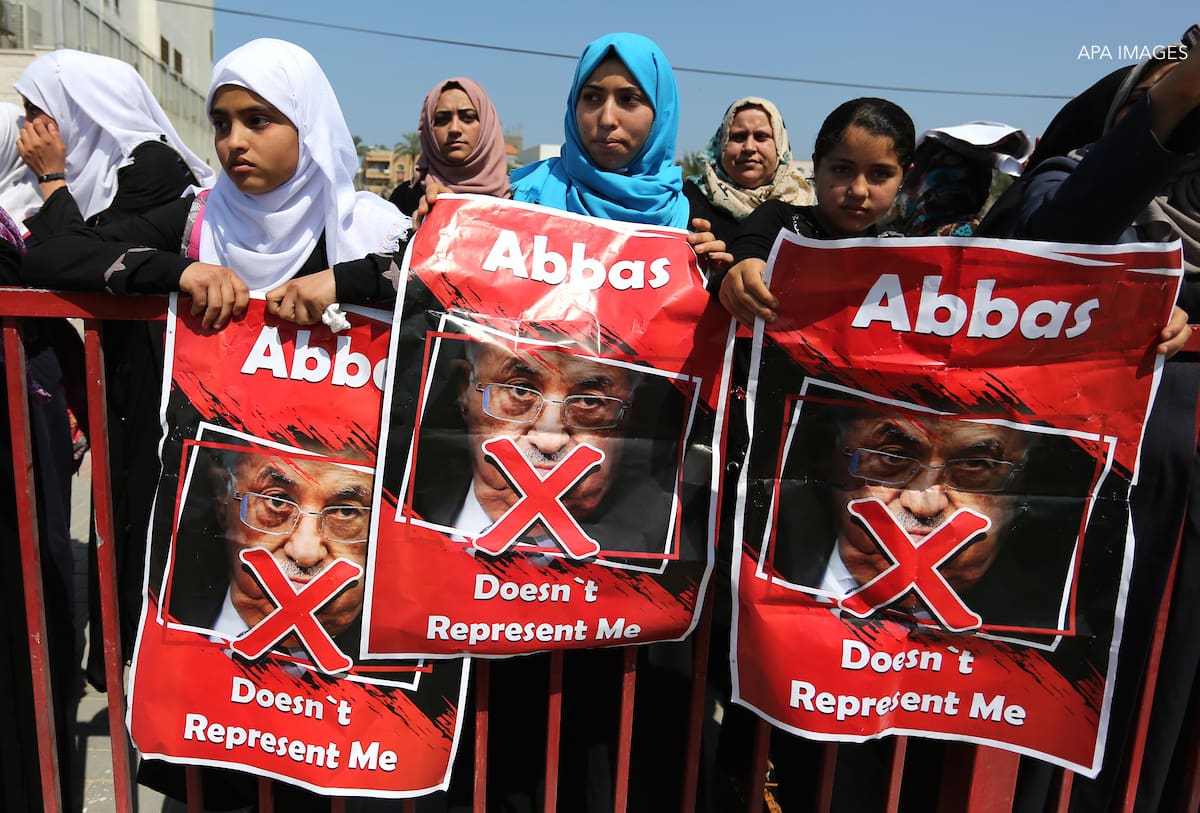
Two decades after the Oslo Accords, the Palestinian leadership has failed to bring about peace, justice, and self-determination to the Palestinian people. Indeed, failure of leadership has marked the Palestinian struggle for the past century and was marked during the British Mandate and the 1936-39 uprising. With the Palestine Liberation Organization (PLO) and the Palestinian […]
70 Years of Nakba: Where Can Palestinians Go from Here?
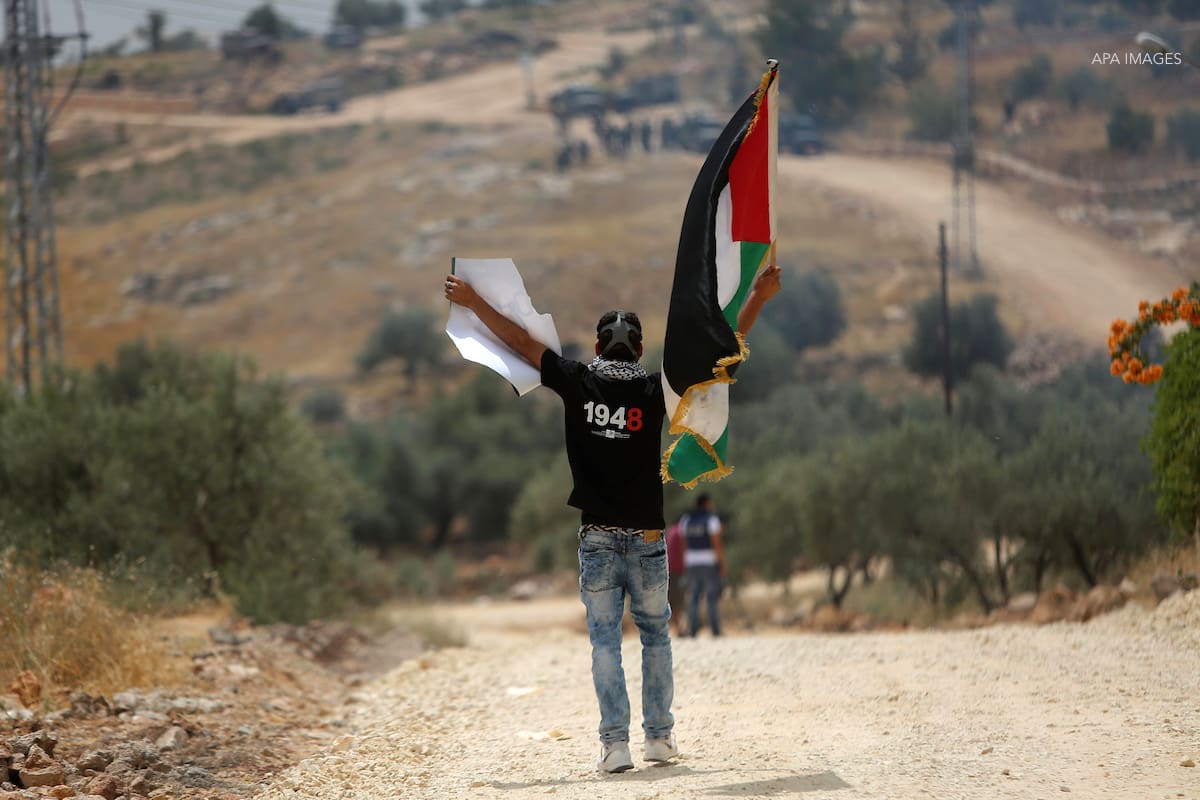
Palestinians have perhaps never been more in need of a forward-looking vision to shape their struggle. On the Nakba’s 70th anniversary, Al-Shabaka analysts propose visions they contend would resonate with the greatest number of Palestinians – whether one-staters or two, refugees, exiles, citizens of Israel, or those under occupation – and map ways to get from here to there.
Trump, Jerusalem, and the Future of Palestine
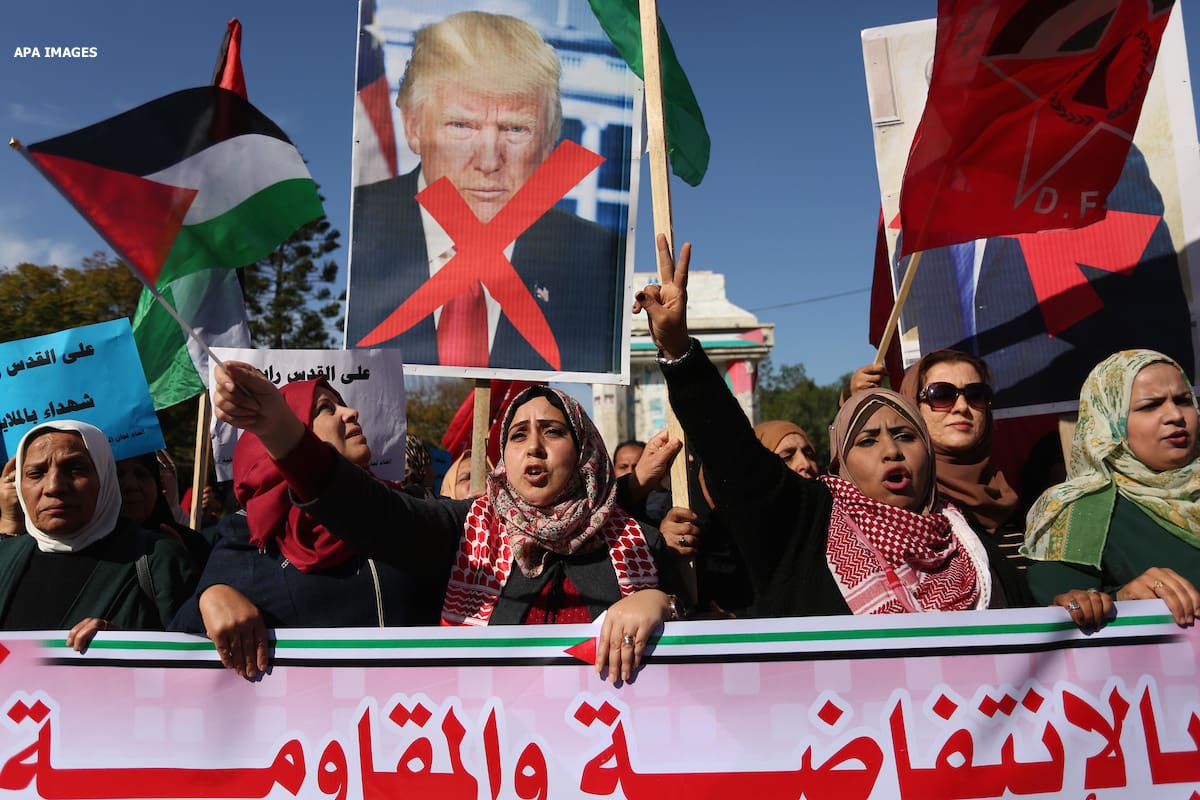
What does Trump’s recognition of Jerusalem as Israel’s capital mean for Palestine and the Palestinians? In a new roundtable, Al-Shabaka policy analysts weigh in and discuss ways in which Palestinians can safeguard their rights against this setback.
After Balfour: 100 Years of History and the Roads Not Taken
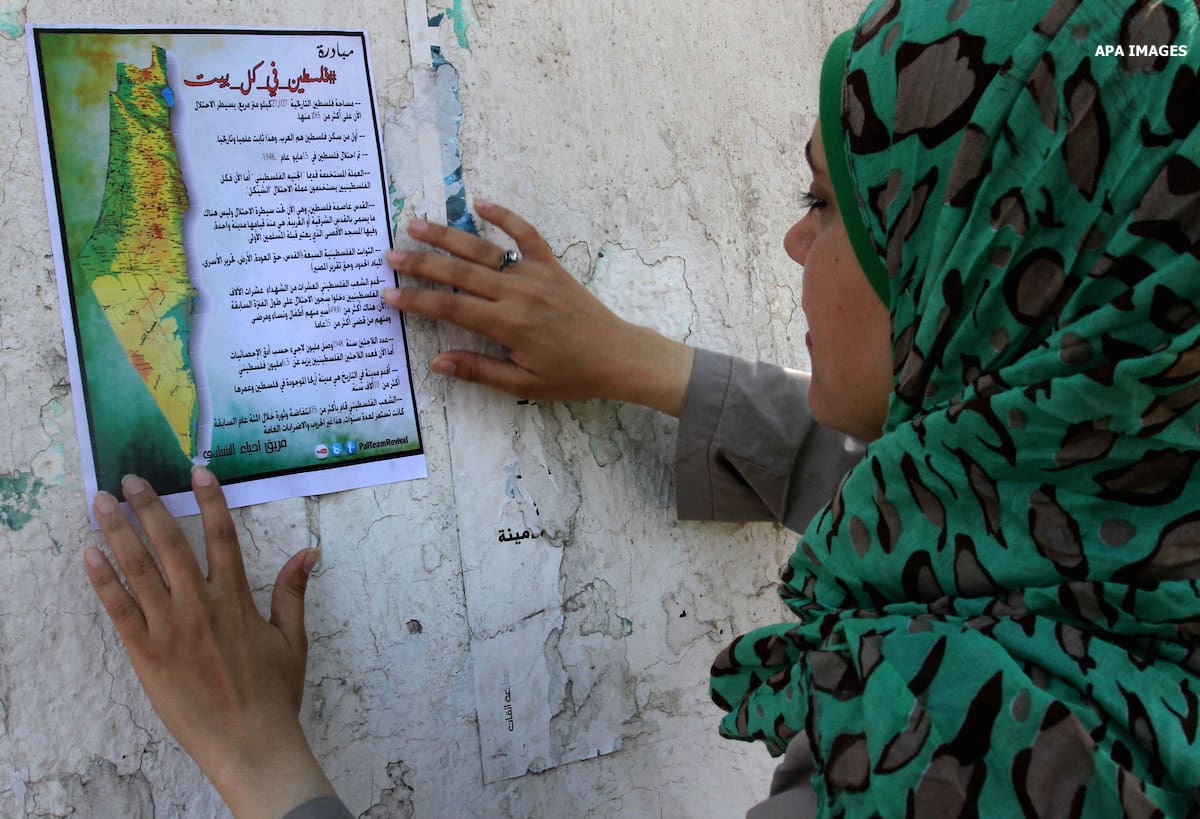
November 2, 2017 marks the 100th anniversary of the Balfour Declaration, the British statement that paved the way for the state of Israel. Were there any points during the past century when the Palestinians could have influenced the course of events for a different trajectory? Al-Shabaka’s historians and analysts identify six forks in the road where things might have gone differently, and draw lessons for the future.
Gaza is Headed for a Deeper Political and Humanitarian Crisis
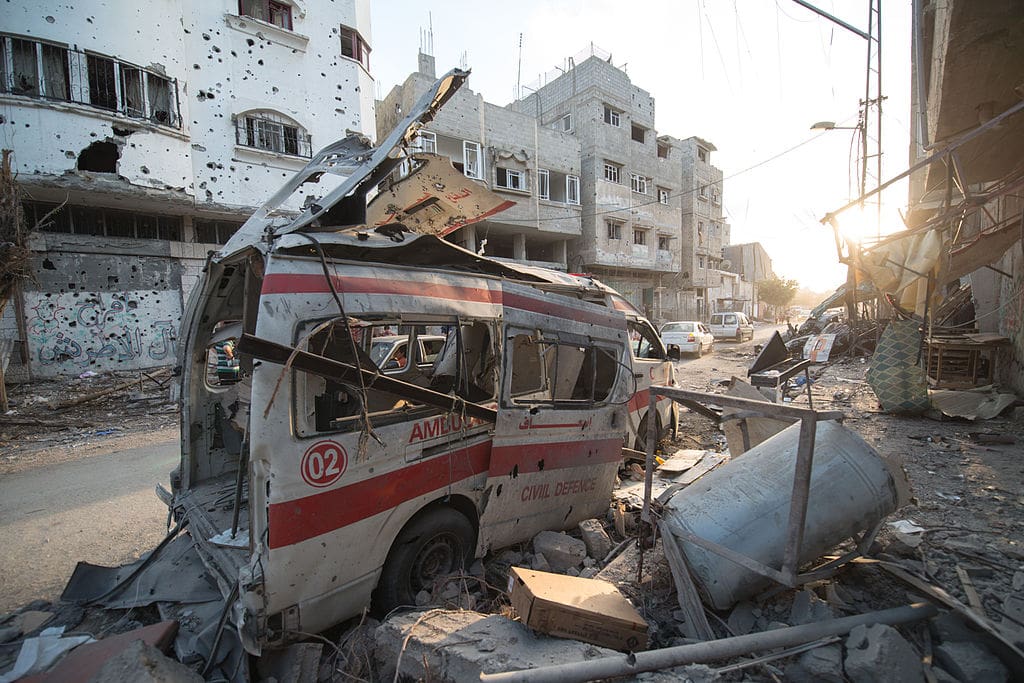
The Gaza Strip’s grim reality has lately worsened with the likely loss of its beleaguered ally and donor, Qatar, and a severe electricity shortage inflicted by Israel and the Palestinian Authority. Gaza-based Al-Shabaka Policy Analysts Haidar Eid and Ayah Abubasheer examine the political ramifications of these developments, as well as their grave impact on Gazans’ daily life.
Palestinian Democracy Denied
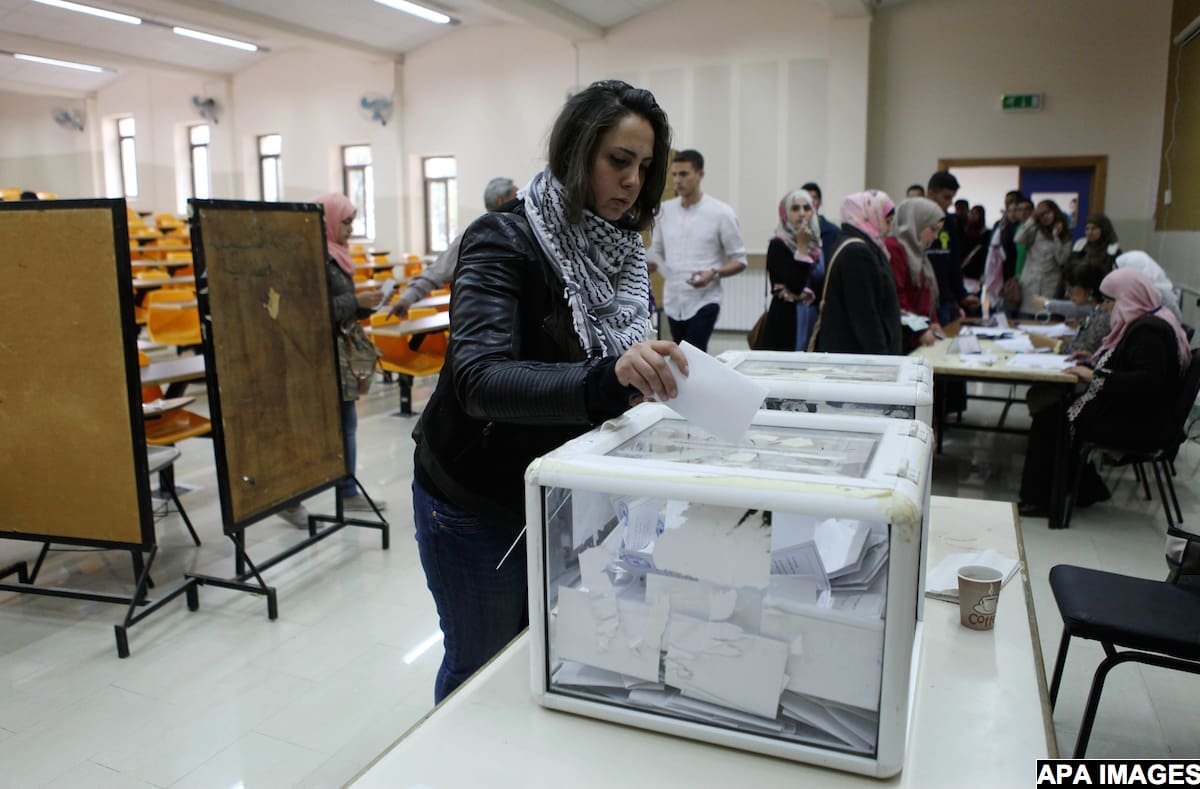
The failure to conduct local elections in the occupied territories and the Fatah conference, which largely reaffirmed a moribund status quo, are the latest examples of stymied Palestinian democracy. Al-Shabaka analysts examine the notion of democracy under military occupation, the factors constraining it, and the form that makes sense for the Palestinian people.
Palestine After Abbas: Potential Scenarios and Coping Strategies
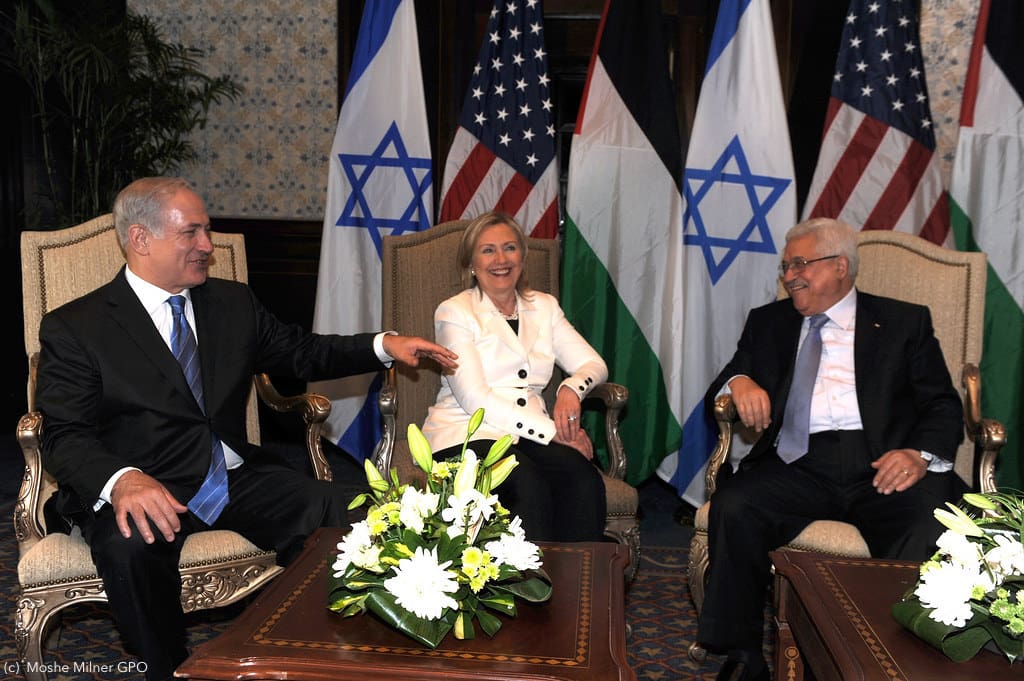
With the election of Donald Trump, Israel believes it is free to do what it likes in the Occupied Palestinian Territory, making a difficult Palestinian leadership transition much harder. Al-Shabaka policy analysts examine different scenarios and propose alternatives ranging from consolidating the state to a struggle for the rights of the Palestinian people as a whole.
Threats to Human Rights Defenders: How Far Will Israel Go?
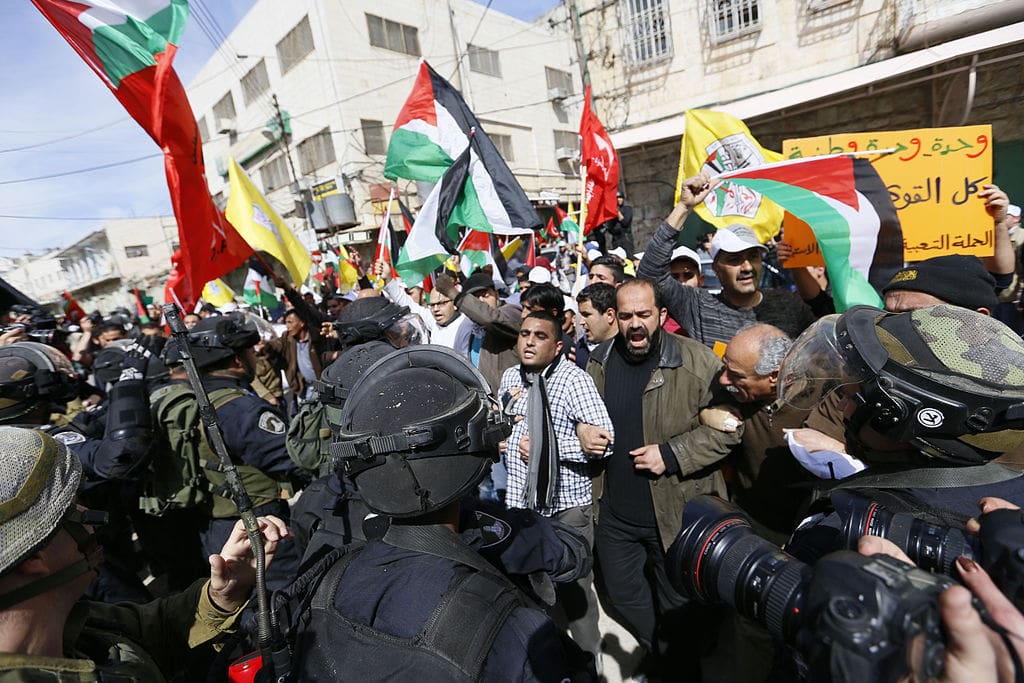
Benjamin Netanyahu just declared that Israel has defeated the boycott, divestment and sanctions (BDS) movement. Yet the movement continues to chalk up victories while Israel ramps up its attacks against defenders of Palestinian human rights, including BDS activists. Al-Shabaka policy analysts examine these threats against Israel’s previous attacks and explore what activists can do to protect themselves and their work.
Obama’s Last Gasp on Palestine-Israel
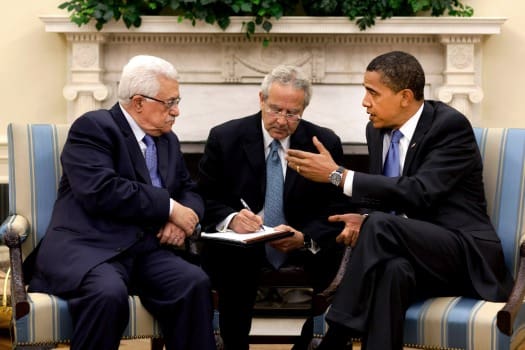
Once the US elections drama concludes, some believe Barack Obama will seize a final opportunity to act on Palestine-Israel. In this roundtable, Al-Shabaka policy analysts debate the probability of such a step, what form it could take, possible pitfalls, and what Palestinians should be doing to further their quest for freedom, equality, and self-determination.








